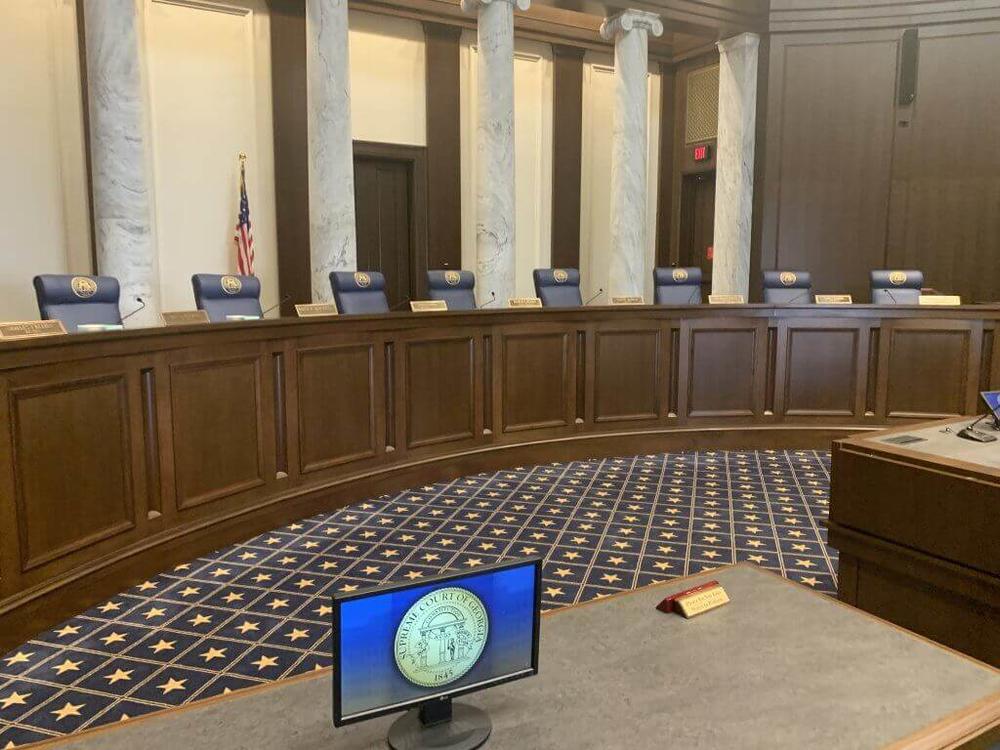
Caption
A tort reform group designed to protect business interests ranks the Georgia Supreme Court among the worst offenders in 2021 after court decisions expanded civil liability against businesses.
Credit: Stanley Dunlap/Georgia Recorder


